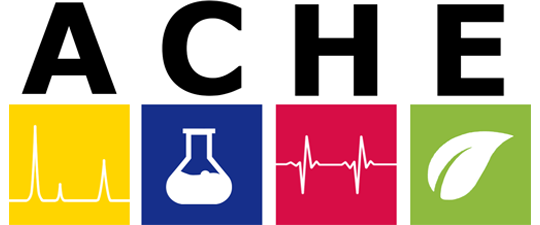Analytical Chemistry for Health and Environment
We are engaged in the development and improvement of analytical methods, with a focus on inorganic analysis.
The determination of trace elements and the identification and quantification of trace element compounds is one of our core competencies. The methods developed are used to answer questions and problems relating to human health and the environment. Other research areas include the use of LC/MS for the molecule-selective determination of environmental and health-relevant analytes.
Fungi accumulate trace elements from the soil, with each species preferring different trace elements. Some of these elements are essential for the human organism, others are potentially harmful. Our research focuses on the binding forms of these elements and their toxicological assessment. The elements arsenic, selenium, vanadium, mercury and selenium are in the foreground.
We primarily absorb trace elements through our food. However, in addition to the essential trace elements, some potentially toxic elements also enter our bodies. We are investigating the binding form of these trace elements.
In pharmaceutical formulations, additional signals often occur in the chromatograms due to storage. The isolation and characterization of these species is an analytical-chemical challenge and of great importance for drug safety.
The determination of non-metal compounds of the elements phosphorus, sulphur and chlorine poses a challenge with ICPMS in the trace range. ICPMS/MS has significantly improved the detection limits by using suitable reaction gases. We are researching the coupling of HPLC to ICPMS/MS as a robust element-selective detector for various issues.
Fine dust continues to pose a major threat to human health. The composition of ultrafine particulate matter (less than 1 µm) plays an important role due to its respirable properties. We are dedicated to the isolation and characterization of components in ultrafine particulate matter.
| +43 316 380 - 5302 Institut für Chemie Nach telefonischer Voranmeldung https://chemie.uni-graz.at/de/analytische-chemie/forschung/ache/ |
| |
